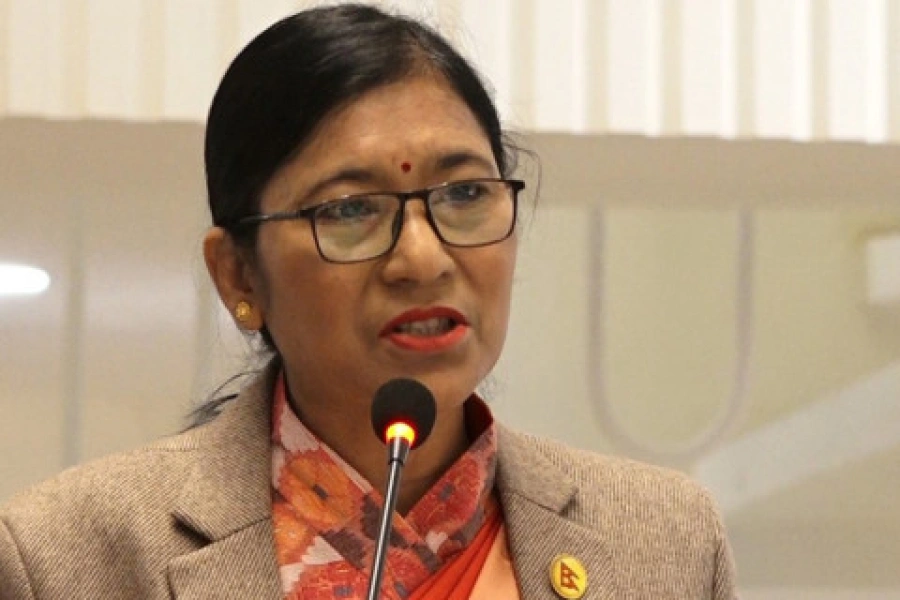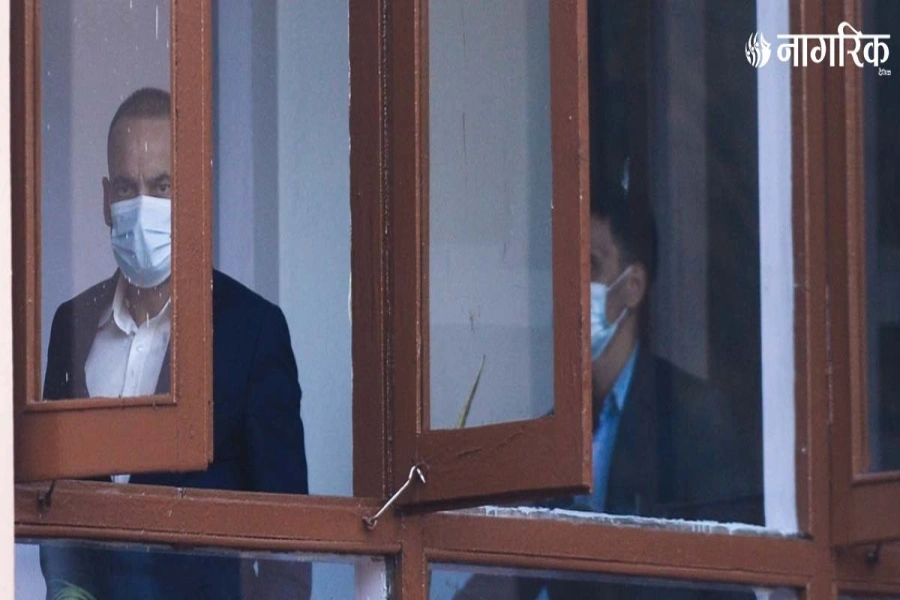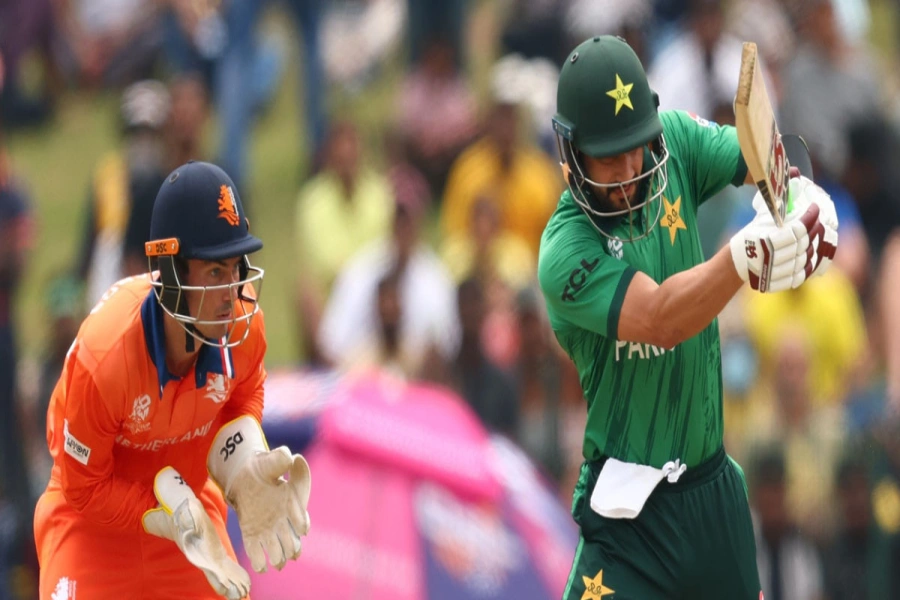In the overall context of anarchy, national interest, and self-help, Covid-19 might not be the sole determinant for creating a new world order. However, the pandemic will undoubtedly intensify the existing grievances and conflict between and among states and potentially create new challenges.
The World Health Organization (WHO) reports that there have been approximately 163 million confirmed cases of Covid-19, including more than 3.3 million deaths globally, and for sure, many more will be added to these scary figures by the end of this catastrophic pandemic.[1] It will have far-reaching effects on many facets of the people's lives, including security. The ongoing debate concerning the potential enduring impacts of the pandemic on national security ranges from a new international order and global leadership to post-pandemic economy and de-globalization to the rise of authoritarianism, among others. Some strategic pundits believe there would be no such long-term effects, though.
One prominent debate the contagion has intensified is whether and how the existing post-second World War international order -- democratic governance, economic globalization, and US leadership -- would change by the time the world comes out of the woods. A survey conducted at Princeton University has deduced a pessimistic view of the post-pandemic security situation, predicting dramatic increases in civil wars, human rights violations, collapsing state institutions, and declining democracies.[2]Another study by the Center for Strategic and International Studies (CSIS) analyzing the pattern of power transition in seven prominent historical cases: the Peace of Westphalia, the Congress of Vienna, the Treaty of Versailles, the summit and conference from Placentia Bay, Bretton Woods, Potsdam, and San Francisco, has concluded that Russia and China are challenging the US hegemonic status as democracy, western led economic model, and international rules are being less assured. The study maintains, "The old order is under serious pressure, putting in jeopardy the relative peace and prosperity it has delivered for many years."[3]
The global economy is another critical area that has generated a lot of discussions among scholars. Due to dwindling trade volumes and disruption of global supply chains, the world economy is facing severe economic consequences. The majority of experts uphold that the world economy would face long-term or irreversible impacts, possibly leading to a significant global recession. Some see that globalization has slowed down, and few others assert it has been halted. There is a claim that the process of de-globalization has already begun.
Concerning governance - whether democracy is best suited to handle international crises like Covid-19 or other forms of government are more effective - there is a fierce debate underway. In a similar vein, some argue the pandemic has provided an opportunity for national leaders to seize more power and be more assertive, thereby making some democratic leaders further authoritarians and authoritarian leaders more powerful dictators. However, some people believe the pandemic also presents opportunities for societal reforms in some countries and in bringing down narrow-minded populist governments in others.
During the pandemic, the Trump Administration's lackluster handling of domestic crises and international politics convinced the international community that the US turned about-face from its global leadership position. The Covid-19 death toll, coupled with mishandled Black Lives Matters (BLM) movements, demonstrated a big gaping hole in the US democracy, governance, and public health policy. American ability to handle emergencies looked feeble, especially when compared to its peer competitor, China. Nor could the US perform well on the international front. The Trump administration's decision to withdraw from Iran's nuclear deal (JCPOA), the Paris Climate Agreement, and World Health Organization (WHO) amid the Covid-19 pandemic were stark examples of relinquishing global leadership.
Desperate search for missing girls as nearly 80 dead in Texas f...

On the other hand, despite some controversies and transparency issues in the early days of the Covid-19 outbreak in Wuhan, China's handling of the pandemic was extraordinary. Then, it played a critical role in the global supply chain by rapidly manufacturing much-needed medical supplies such as PPEs, masks, and ventilators. Chinese medical personnel also provided their health service in some of the pandemic-affected countries, and now it has equally been at the forefront in delivering Covid-19 vaccines to the global communities. While there had been some sparks of power politics such as diplomatic and economic tug-of-war, trade wars, and border skirmishes with its competitors, China was ultimately able to handle these issues. At the same time, it could also expand and enhance its participation in international organizations and multilateral forums. Overall, China demonstrated the ability and willingness to lead the world with a two-pronged approach – by maintaining economic stability and technological development at home, and successfully navigating through international predicaments.
Interestingly, there are two major competing views predicting the resultant outcome of the post-pandemic US-China relations: the first sees Covid-19 would further accelerate the already deteriorating relations between the two competitors decoupling their economy, whereas the second view believes both would come together for more cooperation as a complete decoupling would be a lose-lose proposition.
There is even another slightly divergent view. A paper published in Atlantic Council contends "one world, two systems" is taking shape during the pandemic, referring to two different economic and political models between the US and China.[4] Both the models indicate the two powers are likely to compete as well as cooperate in various sectors. Lately, vaccine diplomacy and vaccine nationalism are being used to target international and national audiences; however, their impacts will be fully known only after the pandemic subsides.
Both the US and China have their unique strengths. Although China was quick enough to stop the pandemic from spreading and resuming its economy, the US demonstrated its resilience through its extensive research and development of vaccines, mass inoculation drive for the American population, and stabilizing the economy through the intelligent use of various economic and monetary policies and instruments.
Since the whole world has been in the midst of the pandemic experiencing various waves in different regions, it would be too early to guess the end-state of the Covid-19 catastrophe, let alone the exact nature of the new world order. Of course, Covid-19 has severely impacted security, economics, trade, and supply chain that would not allow a restoration of the status quo ante.
Henry Kissinger believes the pandemic will forever change the world order due to its impact on the global economy, global resilience to infectious diseases, and principles of international order.[5] On the other hand, eminent political scientist, Joseph Nye Jr, maintains that Covid-19 will not change the global order because of America's geopolitical as well as soft and hard power advantage over China.[6]
While not painting with a broad brush, being the densely populated part of the world and playing ground for American and Chinese hegemonic competition, it would not be difficult to foretell that the Indo-Pacific region will face severe tension in the post-pandemic setting. India will have to walk a tightrope choosing between China and the US, but other small countries like Nepal in South and South-East Asia will not be immune from the dilemma either. It will be tough to remain non-aligned due to the intense pressure emanating from the great powers.
In the overall context of anarchy, national interest, and self-help, Covid-19 might not be the sole determinant for creating a new world order. However, the pandemic will undoubtedly intensify the existing grievances and conflict between and among states and potentially create new challenges. Hence, while some cooperation between the US and China cannot be ruled out, the great power competition will be the mainstay of the post-pandemic world order.
[1]https://covid19.who.int/
[2]Trump, COVID-19, and the Future of International Order (foreignpolicy.com)
[3]200901_Bates_History_FullReport_v1.pdf
[4]https://www.atlanticcouncil.org/wp-content/uploads/2020/09/One-world-two-systems-takes-shape-during-the-pandemic.pdf
[5]https://www.wsj.com/articles/the-coronavirus-pandemic-will-forever-alter-the-world-order-11585953005
[6]https://foreignpolicy.com/2020/04/16/coronavirus-pandemic-china-united-states-power-competition/





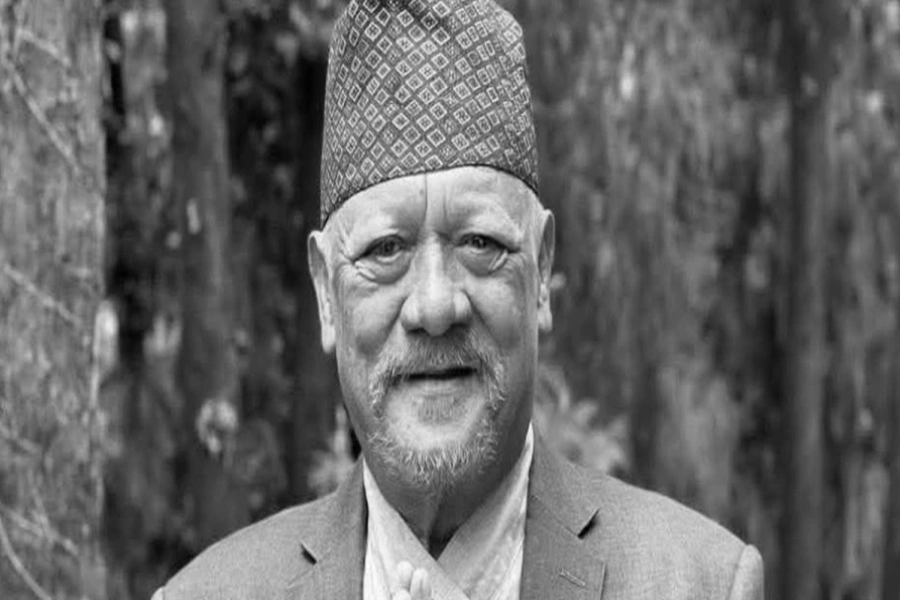

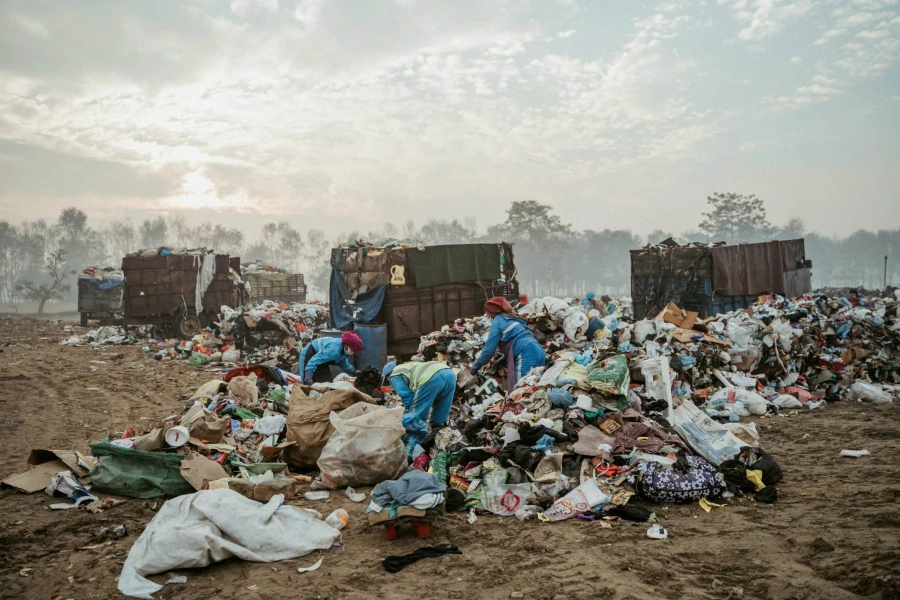
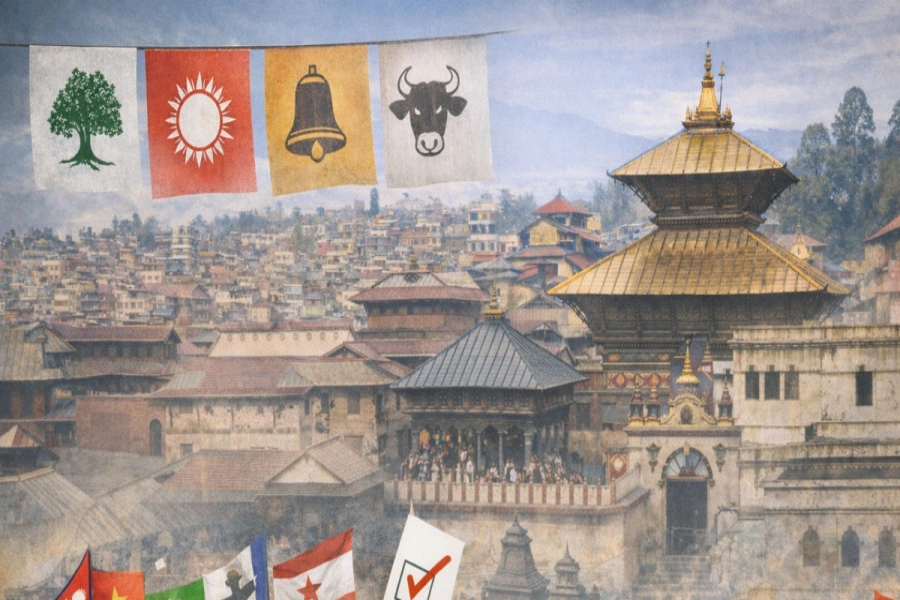


_20200814192758.jpg)







